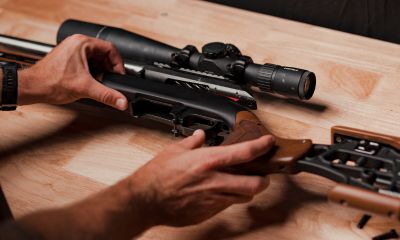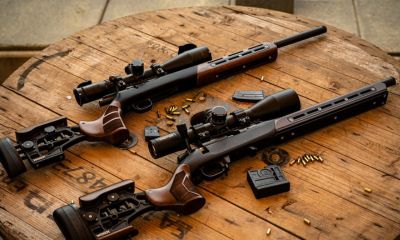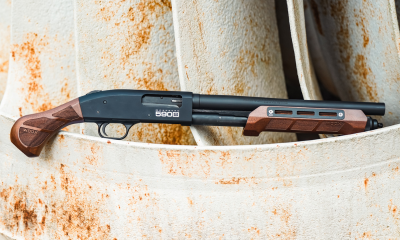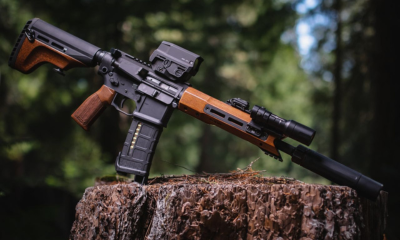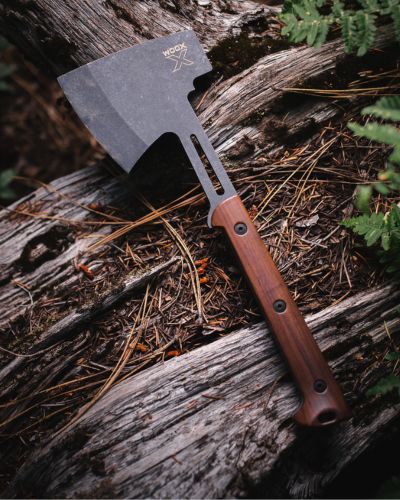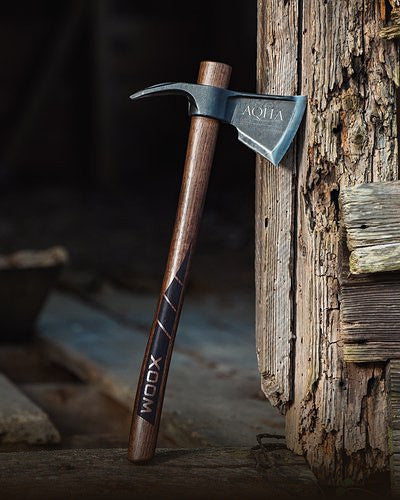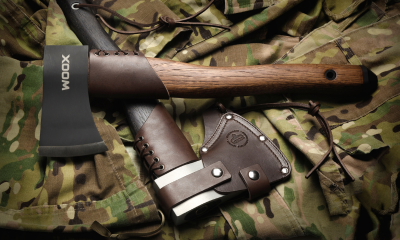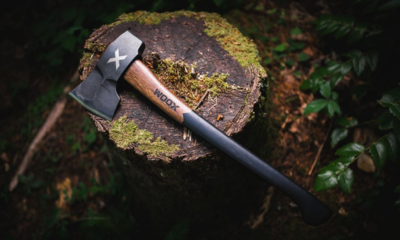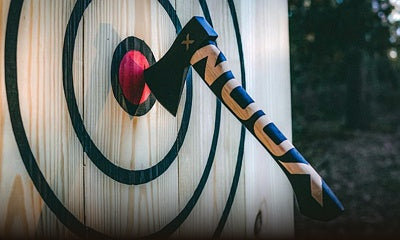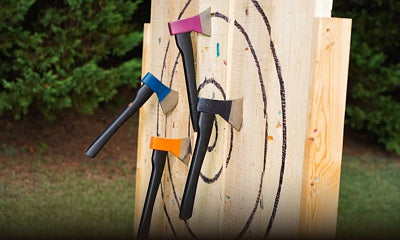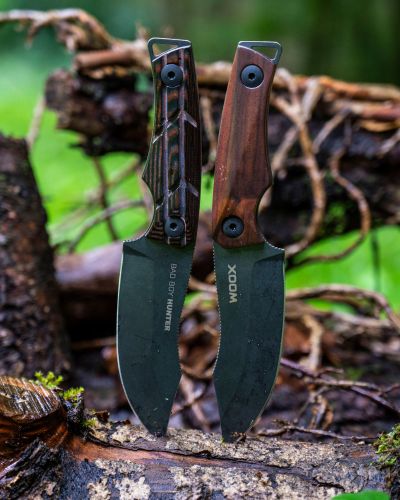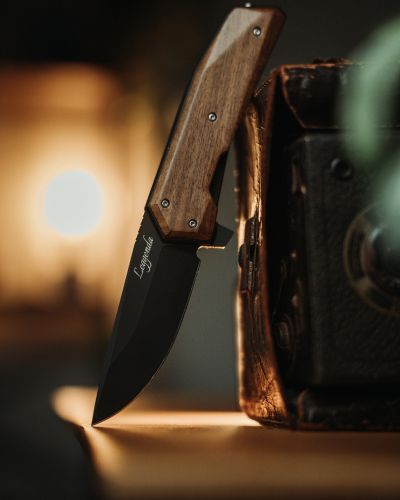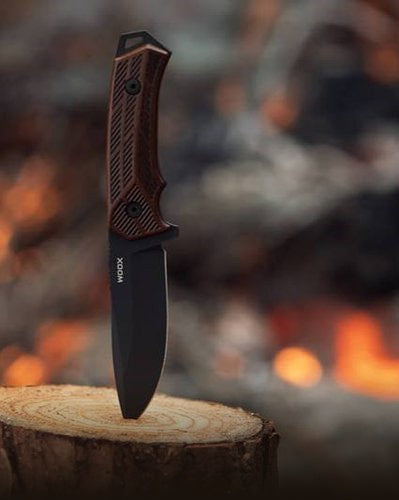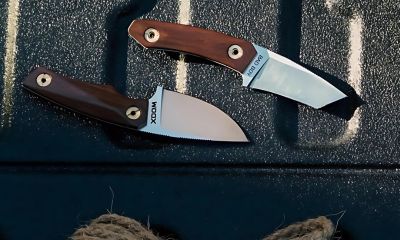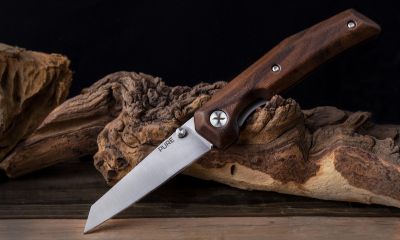
5 Tips for Selecting the Best Barrel
When building or customizing a rifle, the barrel is arguably one of the most critical components you'll select. It plays a pivotal role in determining the accuracy, performance, and overall functionality of your firearm. Given its importance, it's essential to choose a barrel that's perfect for your intended use. Here are five tips to help guide you in picking the best barrel for your custom rifle:
tip #1: Determine Your Rifle's Primary Purpose
Before diving into the specifics of barrel selection, first consider what you want your rifle to achieve. The purpose dictates many aspects of the barrel, including length, profile, and material.
- Hunting: If you're building a hunting rifle, you might prefer a lightweight and maneuverable barrel, especially if you're stalking game over long distances.
- Target Shooting: For precision target shooting or competition, you might want a heavier, longer barrel that provides greater stability and accuracy over long distances.
- Home Defense: In this case, a shorter barrel may be more appropriate for quick maneuverability in tight spaces.

TIP #2:Understand Barrel Materials and Finishes
The material from which the barrel is made, as well as its finish, can impact its performance and longevity.
- Stainless Steel: Known for its corrosion resistance, stainless steel barrels are popular for their durability and longevity. They offer a blend of accuracy and longevity, making them suitable for various shooting disciplines.
- Chrome Moly: While not as corrosion-resistant as stainless steel, chrome moly (or chromoly) barrels are often less expensive and can be treated with various finishes, like Melonite or Parkerizing, to enhance their longevity.
- Finish: Beyond the raw material, consider if the barrel has a protective finish. Chrome lining can increase longevity but might slightly reduce peak accuracy. Other finishes, like Nitride or Melonite, provide corrosion resistance and increased barrel life.
TIP #3:Consider Barrel Length and Profile
Choosing the right barrel length and profile is a crucial decision that can greatly influence the overall performance and feel of your rifle. Let's break down both aspects to help you make an informed choice.
Consider Barrel
Ballistics & Velocity: The longer the barrel, the longer the powder has to burn, which can increase the bullet's velocity. However, the gains diminish after a certain point. For example, a .308 Winchester might see significant velocity increases up to 20-22 inches, but beyond that, the gains might be minimal.
Maneuverability: Longer barrels can be cumbersome in tight spaces or when quick movement is necessary. For home defense or tactical situations, a barrel of around 16 inches might be more suitable.
Weight: The longer the barrel, the heavier your rifle will be. If you plan to carry it over long distances, like during hunting, you might want to consider a shorter or lighter profile.
Barrel Profile:
Bull Barrels: These are heavy barrels with a consistent diameter from chamber to muzzle. They are less affected by heat, making them ideal for extended shooting sessions. They can, however, be heavy and may not be the best choice if you need a lightweight rifle.
Contour Barrels: These barrels are tapered, being thicker near the chamber and thinner towards the muzzle. This design offers a good balance between weight and heat dissipation.
Pencil Barrels: These are lightweight barrels ideal for situations where weight is a concern, such as hunting or trekking. However, they can heat up faster, which might affect accuracy during prolonged shooting.
Fluted Barrels: These barrels have grooves on the outside, which increase surface area to aid in cooling while also reducing weight. They can provide a balance between the sturdiness of a heavy barrel and the maneuverability of a lightweight one.
Creating a table for barrel contour measurements requires specific data for each contour profile. Barrel contours can vary significantly based on manufacturers and intended use. For the sake of providing an example, we'll create a generalized table based on some typical contour profiles.

| Contour | Breech Dia. (A) | Breech Length (B) | Muzzle Dia. (C) | Finish Length (D) | Blank Length (E) | Neck Length (F) | Neck Dia. (G) | Weight |
|---|---|---|---|---|---|---|---|---|
| Lightweight | 1.25 | 2.75 | 0.56 | 22 | 27 | 6 | 0.8 | 2.5 lbs |
| Sporter | 1.25 | 2.75 | 0.650 | 24 | 27 | 6 | 0.8 | 3.0 lbs |
| Medium | 1.25 | 2.7 | 0.600 | 24 | 27 | 6 | 0.85 | 3.5 lbs |
| Heavy | 1.25 | 2.75 | 0.750 | 26 | 27 | 6 | 0.8 | 4 lbs |
| Palma | 1.25 | 2.5 | 0.735 | 30 | 31 | 5 | 0.9 | 5 lbs |
| Bull Sporter | 1.25 | 2.75 | 0.75/td> | 26 | 27 | 6 | 1 | 4.0 lbs |
| Straight | 1.25 | 1.25 | 1.25/td> | 28 | 29 | - | - | 10.0 lbs |
TIP #4:Rifling Method Matters
The method used to rifle the barrel can affect its accuracy potential and cost.
Button Rifling: This popular method involves pushing a button through a barrel blank, engraving the rifling as it goes. It's cost-effective and yields consistently accurate barrels.
Cut Rifling: Here, each groove of the rifling is cut individually. It's a slower process but is often associated with very high-end, precision barrels.
Hammer Forging: This process involves hammering a barrel blank around a mandrel that has rifling impressions. It's an efficient method for mass-producing barrels.
new woox aftermarket stock: merica
DISCOVER MORE
tip #5 Check the Twist Rate
The twist rate of a rifle barrel is crucial as it determines how fast the bullet spins and, as a result, its stability in flight. The correct twist rate ensures that the bullet remains stable, increasing accuracy. Picking the right twist rate depends on the weight and length of the bullets you plan to use.
| Caliber | Bullet Weight (grains) | Suggested Twist Rate |
|---|---|---|
| .223 Rem | 40-50 | 1:12 to 1:14 |
| .223 Rem | 55-62 | 1:9 to 1:10 |
| .223 Rem | 69-77 | 1:7 to 1:8 |
| .308 Win | 147-150 | 1:12 to 1:14 |
| .308 Win | 168-175 | 1:10 to 1:11 |
| Caliber | Bullet Weight (grains) | Suggested Twist Rate |
|---|---|---|
| .308 Win | 185-200 | 1:9 to 1:10 |
| 6.5mm Creedmoor | 120-140 | 1:8 |
| .243 Win | 55-75 | 1:10 to 1:12 |
| .243 Win | 85-105 | 1:8 to 1:9 |
| 7mm Rem Mag | 140-160 | 1:9.5 |
Key Points:
Bullet Stability: A bullet needs to spin at a certain rate to remain gyroscopically stable. If it doesn't spin fast enough due to a slower twist rate, the bullet can wobble or tumble, reducing accuracy.
Over-Stabilization: Conversely, if a bullet spins too fast because of a very fast twist rate, it can become over-stabilized. This is typically less of an issue than under-stabilization but can still affect long-range accuracy.
Bullet Weight: Heavier and longer bullets typically need faster twist rates to stabilize them. Lighter bullets can be stabilized with slower twist rates. It's important to note that the bullet's length is the primary factor influencing the required twist rate, but weight is commonly used as it often correlates with length.
conclusion
Here's a guide on different shooting purposes and the recommended barrel specifications for each:
| Long-Range Precision | |||
|---|---|---|---|
| Caliber | Length | Contour | Twist Rate |
| 6.5mm Creedmoor | 24-28 inches | Heavy or Bull | 1:8 |
| Hunting | |||
|---|---|---|---|
| Caliber | Length | Contour | Twist Rate |
| .308 Win | 20-24 inches | Sporter or Medium | 1:10 |
| Varmint Shooting | |||
|---|---|---|---|
| Caliber | Length | Contour | Twist Rate |
| .223 Rem | 22-26 inches | Medium or Heavy | 1:12 to 1:9 |
| Tactical | |||
|---|---|---|---|
| Caliber | Length | Contour | Twist Rate |
| .308 Win | 18-22 inches | Medium or Heavy | 1:10 |
These tables list different shooting applications and provide barrel recommendations tailored to each purpose. The mentioned specifications are generalized suggestions. The choice of the barrel should always be based on specific needs, local conditions, and personal preferences. Consulting with a professional gunsmith or rifle manufacturer can also help in making informed decisions.
Building or customizing a rifle is a rewarding endeavor, and selecting the right barrel is pivotal to the rifle's final performance. By considering the above factors and consulting with experienced gunsmiths or manufacturers, you can ensure that your firearm will be both accurate and dependable for years to come.
stocks and chassis options
Keep reading




